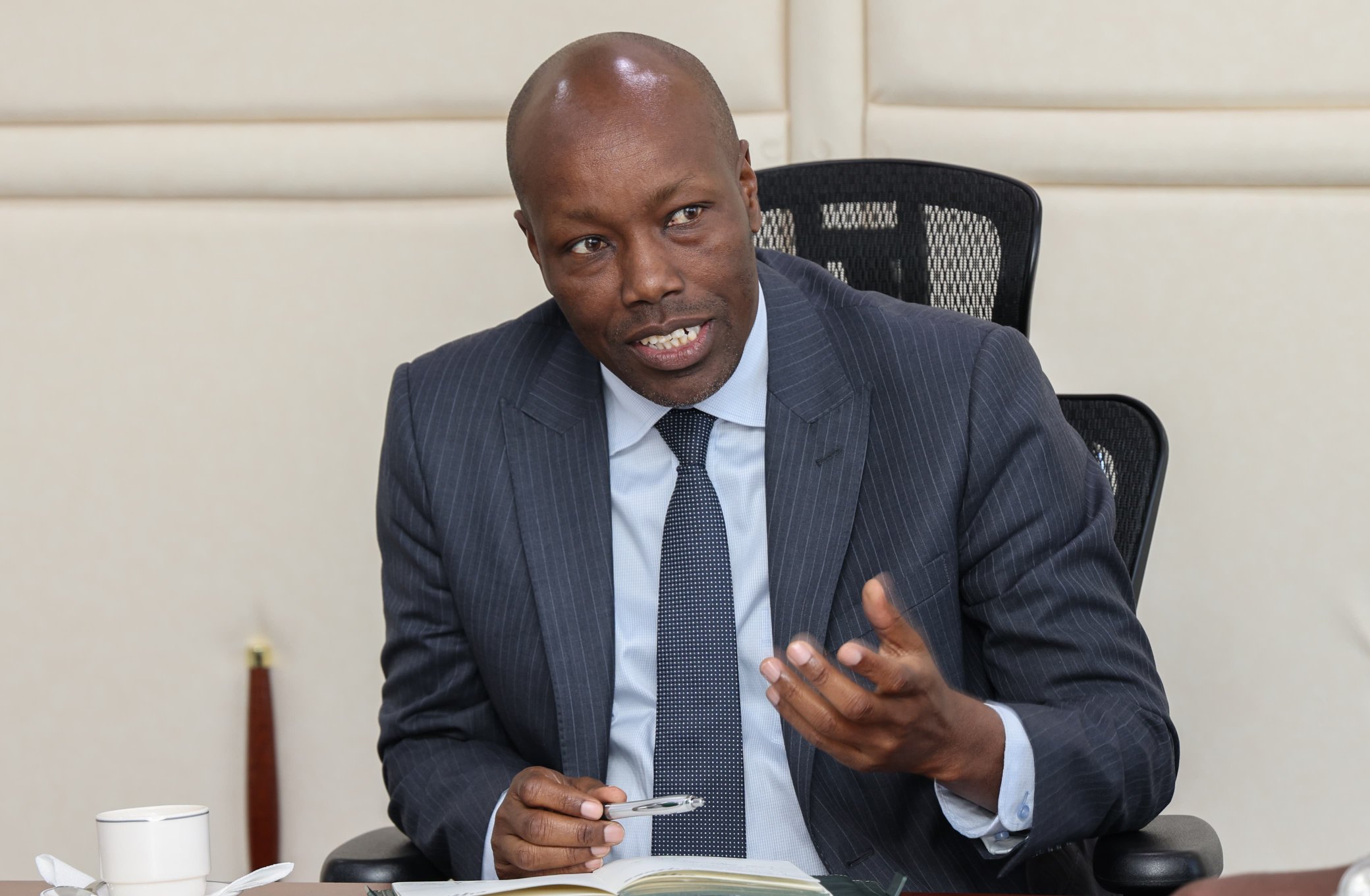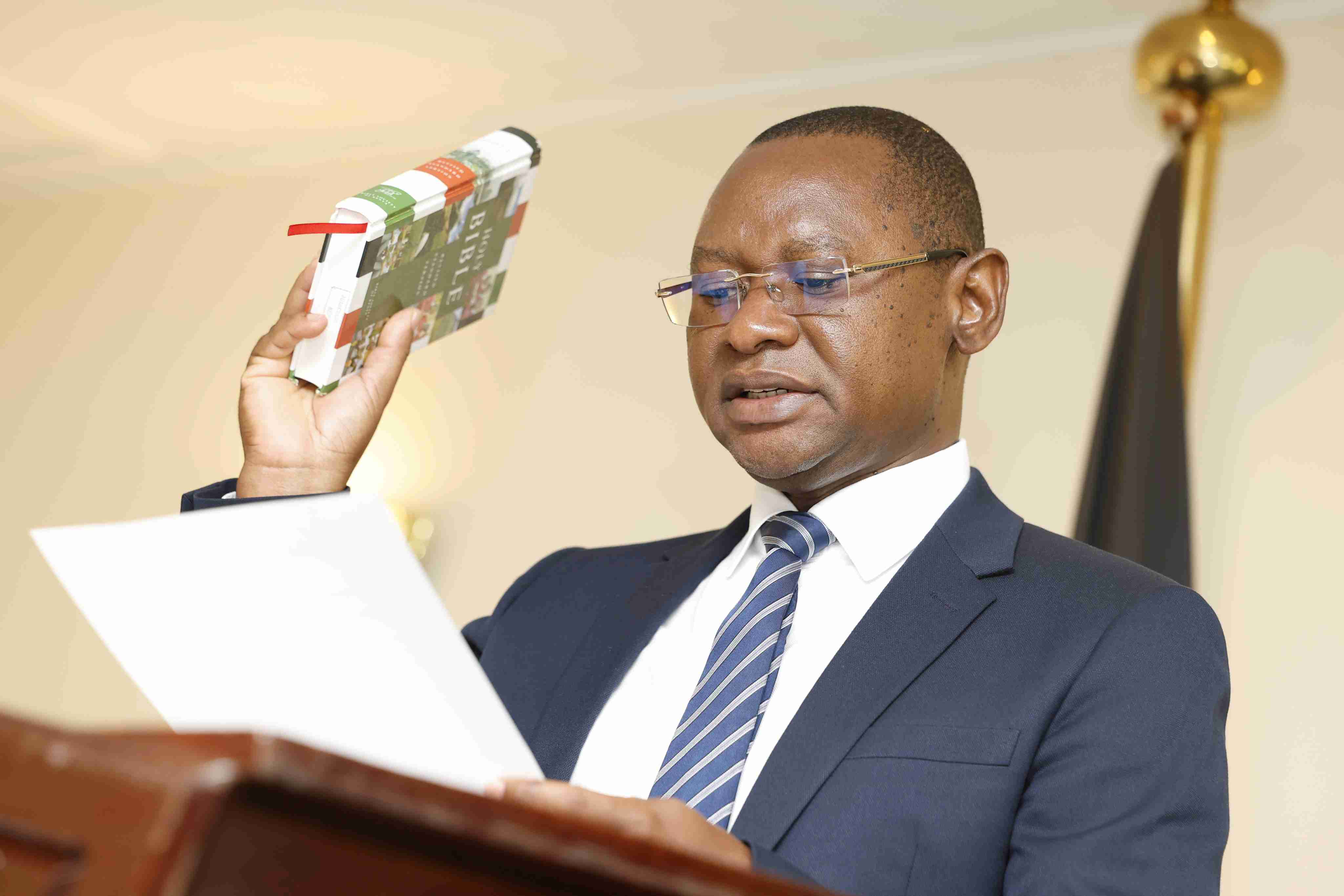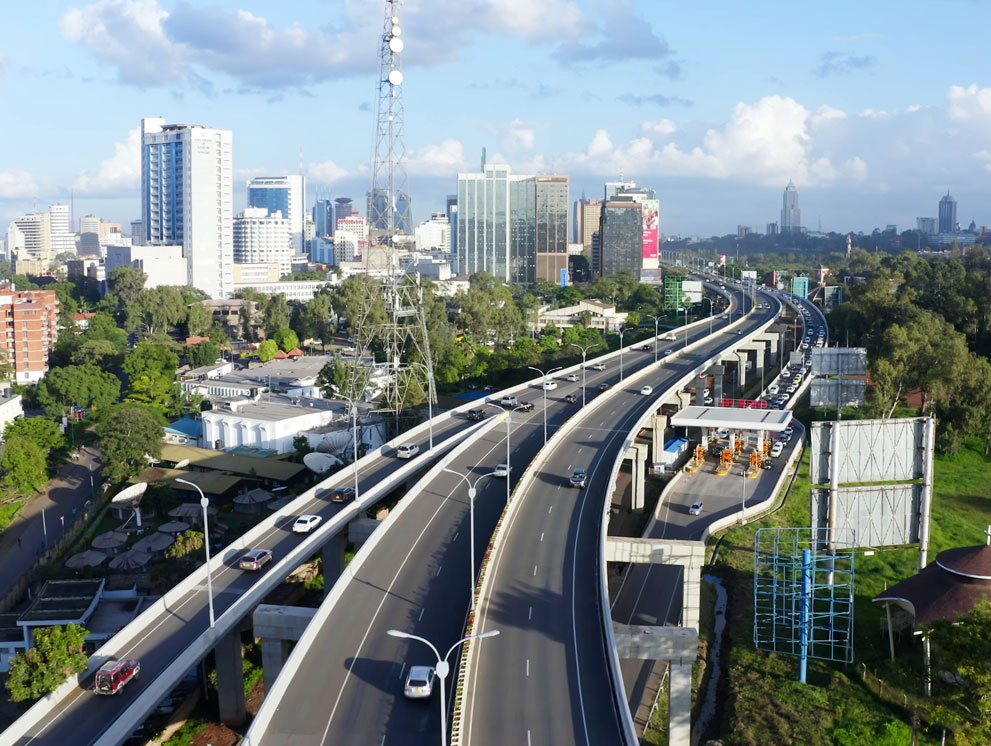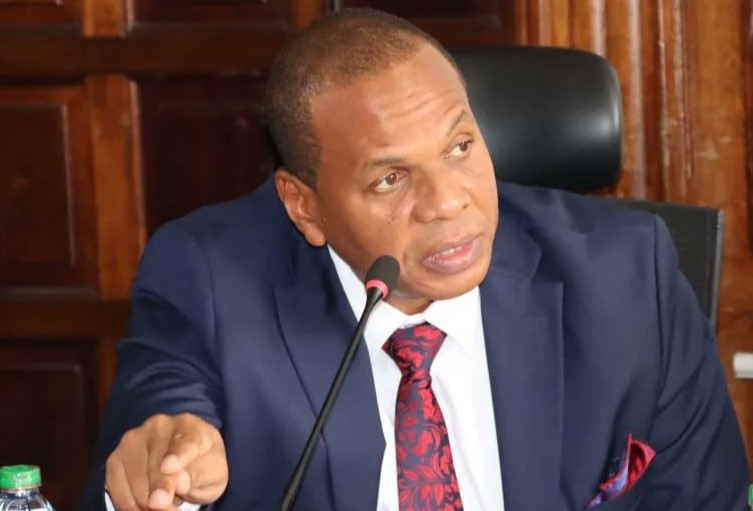Government to allow raw sugar imports to ease 400,000 metric tonne shortage

Investments, Trade and Industry Cabinet Secretary Lee Kinyanjui said Kenya faces a gap of nearly 400,000 metric tonnes of sugar, a deficit that has left billions of shillings invested in the sector idle.
The government is moving to open a special import window for raw sugar to support industrial production, which has been stalled due to a severe shortage of locally grown cane.
Investments, Trade and Industry Cabinet Secretary Lee Kinyanjui said Kenya faces a gap of nearly 400,000 metric tonnes of sugar, a deficit that has left billions of shillings invested in the sector idle.
More To Read
- Report finds added sugar in Nestlé baby cereals across Africa
- WHO issues first global guidelines on diabetes in pregnancy
- Government pledges to clear sugar workers’ dues in full despite fiscal pressures
- Convenient but dangerous: The hidden health risks of ultra-processed foods
- CS Alfred Mutua defends sugar sector layoffs as legal, necessary reform
- Artificial sweeteners linked to higher diabetes risk, study finds
He explained that the importation will focus exclusively on raw sugar destined for refining into industrial sugar used in food, beverages, pharmaceuticals, and distilleries.
During a visit to Kibos Sugar and Allied Industries in Kisumu on Thursday, Kinyanjui, accompanied by Principal Secretaries Dr. Juma Mukhwana (Industry) and Regina Akoth (Trade), said the move aims to stabilise the sugar industry while reducing the cost of importing industrial sugar.
“We don’t have enough raw sugar to process industrial sugar. As a result, we have to import because factories such as this one in Kibos, which cost more than Sh2 billion to set up, have not worked since 2016,” he said.
Kinyanjui said the importation is a temporary measure while the government implements a programme to boost cane production in collaboration with farmers and county governments, targeting self-sufficiency within two to three years.
The CS also said sugar factories will be closely monitored to strengthen their engagement with farmers and ensure a reliable supply of cane to mills through grower schemes.
He stressed that the importation window will only serve industrial sugar production and will not interfere with the production of raw sugar locally. Kenyans and stakeholders have been assured that all imports will be subjected to strict quality and safety standards.
“Importation does not mean we suspend our regulations. There are mechanisms for quality control, and this will be followed to the letter. What we are trying to end is the culture of importing what we can produce locally,” Kinyanjui said.
He added that the government’s top priority remains protecting local industries while conserving foreign exchange.
“Every time we import, we are draining foreign exchange that could be retained by producing here. The balance is to protect our local industries, create jobs for young people, and still meet industrial demand,” he said.
Kibos Sugar and Allied Industries Managing Director Bhire Chatthe said the company’s Sh2 billion refinery, established in 2016, requires 165,000 metric tonnes of raw sugar annually to operate.
He noted that the company’s production alone is insufficient, while other factories nationwide cannot meet domestic demand.
Bhire explained that last year, the company applied to the East African Community Secretariat to import 165,000 metric tonnes of raw sugar but was only allowed to import 5,000 metric tonnes, leaving the refinery idle. He added that activating the Kibos refinery fully could save Kenya up to Sh20 billion in imports, create jobs, and increase tax revenues.
“The benefit to Kenya is not just jobs and taxes, but also reducing our import bill,” he said.
Addressing concerns that imports might flood the market, Bhire emphasised that the company has always complied with national standards.
“We have never had an issue with the Kenya Bureau of Standards in the 15 years we have operated. All our products meet national standards. The only challenge is that this factory cannot function without raw sugar,” he said.
Top Stories Today












































